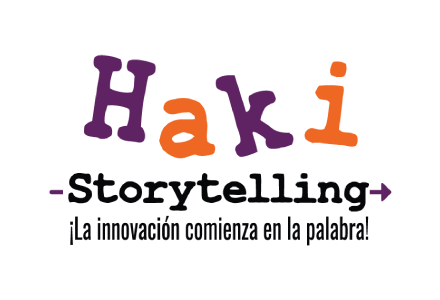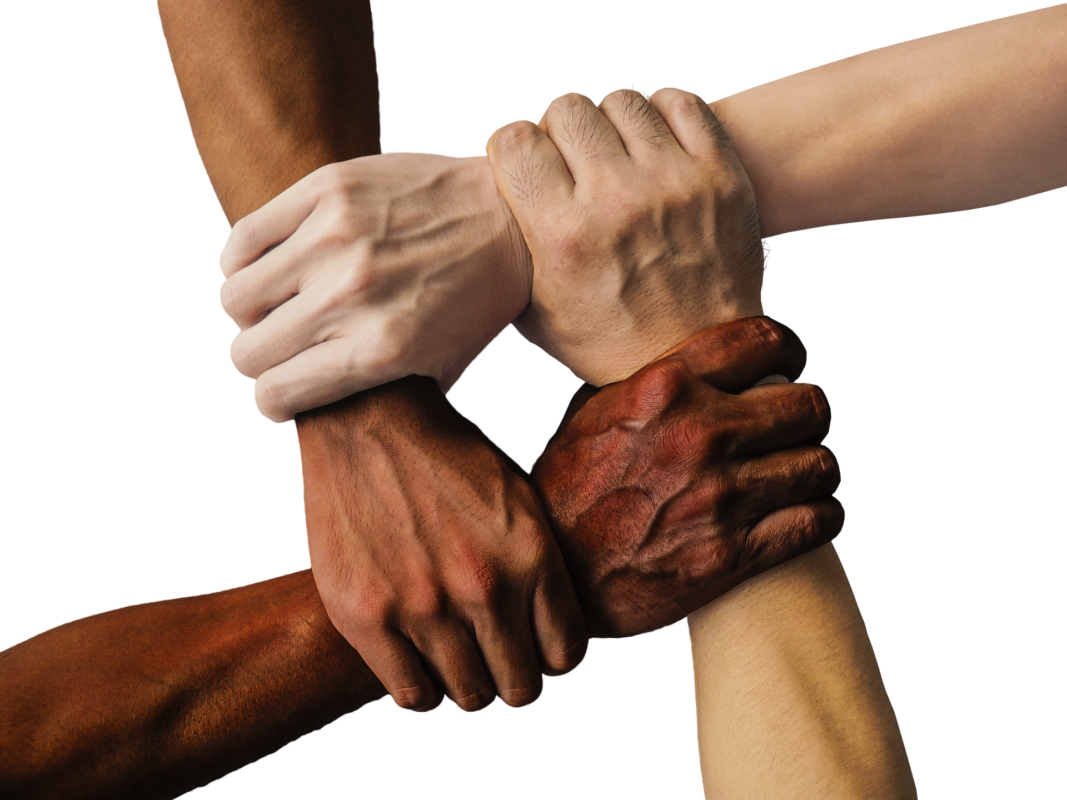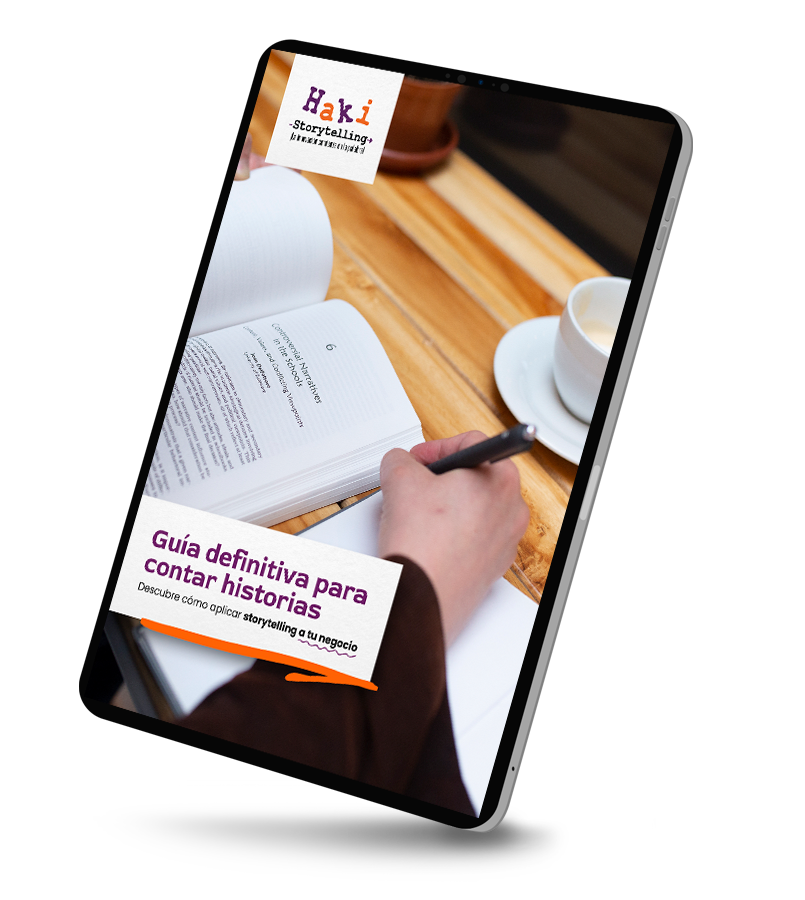Siempre me ha intrigado la forma en que uno conoce a las personas, pues resulta abrumador pensar en la cantidad de acontecimientos que debieron ocurrir y mezclarse para entablar contacto con alguien. El siguiente escrito es de Erick Behar Villegas. A Erick lo conocí en el lanzamiento del libro “Was Gabo an Irishman” en el cual participé como escritor.
En un momento Erick se acercó al grupo de personas con las que estaba conversando, se presentó y después de un rato estábamos hablando sobre Branding, storytelling y escritura, pues una vez identificamos los puntos en común con otra persona, una vez nos ubicamos en su historia, es difícil desconectarnos.
Erick Behar Villegas nació en Bogotá en 1986. Creció entre Estados Unidos y Colombia, y luego vivió 8 años en Europa. Estudió Economía y Ciencias Sociales, y posteriormente realizó dos másters, uno en Internacionalización y el otro en Management intercultural. Actualmente se encuentra realizando un doctorado en la universidad Ludovico Maximiliano de Münich, enfocándose en redes sociales, cyberantropolgía militar y Employer Branding desde un punto de vista cualitativo. Regresó a Colombia este año y actualmente dicta clases en el CESA y en la universidad Externado. Es autor del libro “Interkulturelles Management im deutsch-französischen Umfeld” (Manejo intercultural en el campo Franco-Alemán) y también fundador del periódico Bilingüe Der Observateur.
Ocasionalmente escribe para el periódico El Tiempo, y las revistas Portafolio y Dinero. Su gran pasión en la vida son los idiomas.
…
It has always intrigued me the way one gets to know people. It is overwhelming to think in the number of events that took place and got mixed in order to establish contact with somebody.
The piece you are about to read, was written by Erick Behar Villegas. I met Erick at the book launch party of “Was Gabo an Irishman?” in which I participated as a writer.
At a certain moment, Erick approached the group of people with whom I was talking, presented himself, and after a while we were talking about Branding, Storytelling and writing, cause once we identify ourselves in the story of another person, it is really hard to get disconnected.
Erick Behar Villegas was born In Bogotá/Colombia back in 1986. He grew up between Colombia and the United States, and then went to live in Europe for eight years. He studied Economy and Social Sciences, and then he made two masters studies, one in internationalization and the other one in Intercultural Management. Right now he is pursuing a doctorate degree from the Ludwig Maximilians Universität of Münich, focusing in Social Media, militar cyber-anthropology and employer Branding from a qualitative point of view. He came back to Colombia this year, and he lectures Branding in the CESA and Externado Colleges. He is the author of a French-German book titled “Interkulturelles Management im deutsch-französischen Umfeld” (Intercultural Management in a French-German wnvironment); and he is also the founder of the bilingual newspaper Der Observateur.
He occasionally writes for “El Tiempo” Newspaper, and for the “Dinero” and Portafolio” magazines. His great passion in life are languages.
I left you with his awesome piece, about anthropology, Branding and of course Storytelling.
THE POWER OF NARRATIVE IN BRANDING: A MARKETING STORY ABOUT STORYTELLING
“A well-thought-out story does not need
to resemble real life. Life itself tries with all
its might to resemble a well-crafted story.”
I. Babel My First Fee
By Erick Behar Villegas
Branding Lecturer at CESA School of Business
Branding is all about stories, and stories are all about narrative. When we refer to Branding (yes, with a capital B), we are talking about all the efforts leading to creating, positioning and maintaining a brand in people’s minds and of course, out on the shelves. All of these efforts need to be molded into narratives that travel through people’s minds and penetrate their social interactions. When teaching branding, we usually talk about brand equity as the heart and soul of any brand, i.e. as the effect that the brand itself produces.
Yet successful branding goes beyond business definitions; it delves into storytelling and comes out with beautiful convincing narratives. Imagine the “story” as a chain of events and then the “narrative” as the many ways we have of expressing, describing, and narrating this story. Mark Turner even came to say that narrative comes before language itself, because our languages are mere tools and narrative is all the content behind it.
Storytelling has an extremely powerful dimension in the marketing world, because brands tell stories, re-tell events, seduce people, just like a Don Juan Demarco seduces a girl or a new BMW conquers a car fanatic. As Jonah Berger puts it in his book Contagious, people do not think in terms of information, they do so in terms of narratives. He advices managers who want to create viral content to “build a Trojan horse”, meaning that the creation of a narrative lives and reproduces itself beyond centuries, cultures and ways of thinking. If you want to impact your world, do not just provide information, frame it within the delight and gentle flow of your own narrative. Think about it this way: if a sports commentator were narrating the last 30 seconds of the World Cup and you could only rely on audio, would you feel the same if you received a mere list of events? Perhaps not.
We might think of storytelling as an ephemeral phenomenon that begins with a lovely phrase and ends in a profound conclusion that accompanies us for some minutes or hours. But powerful narratives behind brands may follow us, change us and even motivate us for years. This effect is at times entangled in the complexity of what Douglas Van Praet calls Unconscious Branding, that is, the world of subliminal messages that at times conditions how we act and think as consumers. So, if you are a storyteller or a brand manager, use the power behind narratives to reshape stories, seduce your public and do not forget that, as Oscar Wilde wrote, all art is at once surface and symbol.
Erick Behar Villegas
– Branding Lecturer at CESA School of Business –






